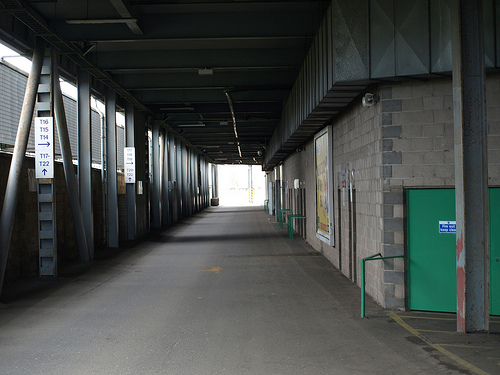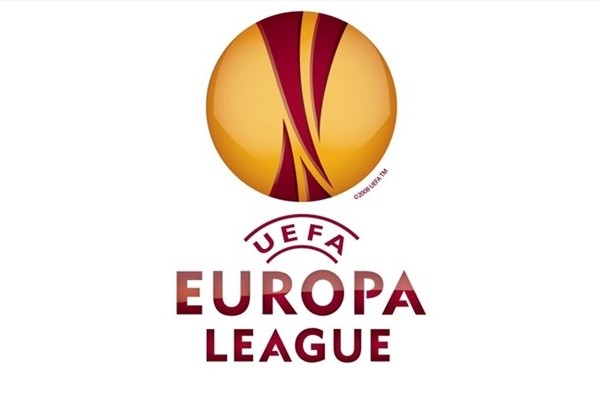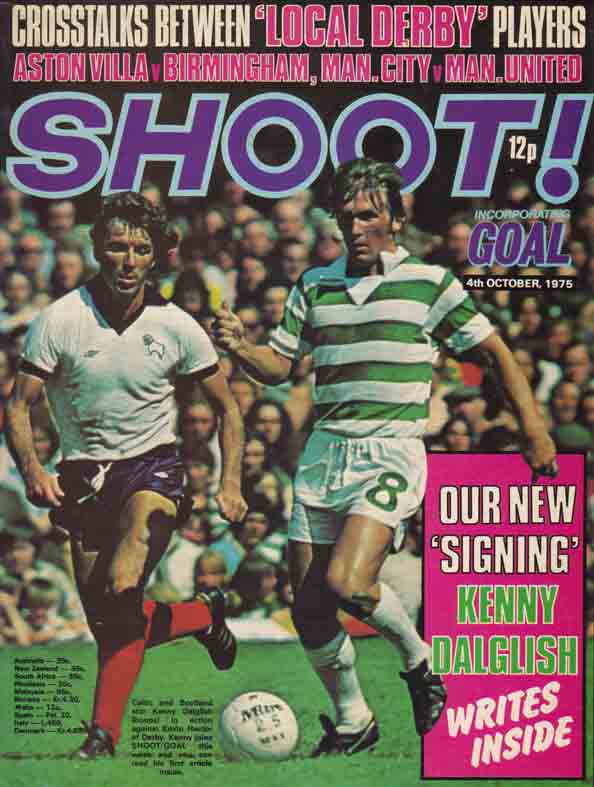We live in an age where fans can generate accurate news about any sporting club faster than the traditional press – even the majority of newspaper websites. Similarly, this rise in quick communication gives clubs a chance to bypass the media and be their own media. False story in the Daily Mail? Don’t wait for the media catchup – have rebuttals out on Twitter, Facebook, Orkut and any other platforms deemed relevant before 9am. Shoot the story down before the fans have even read it (because they’ll read the Celtic stuff first thing before anything else).
But no, there’s no basic attempt at using these modern tools, which is a tragedy because Celtic fans have been amongst the best users of it over the decades – from the humble supporters’ bus messages pages in the Evening Times to email lists to online forums and now social media, Celtic fans have been there, building a network, a community that goes beyond bits. Many people make new and lasting friendships through these sites.
But does the club do anything? No.
Now it’s true that part of the popularity of social media is the notion of engagement. You tweet to Celtic and someone from Celtic gets back to you. It works for other companies, some bigger than Celtic. So why don’t Celtic do it?
Scotland has never been a great country for engaging in customer relationships past ‘geez yur money’. The concept of ongoing dialogue to improve services is abhorrent to most here.
But here’s what Celtic could be doing:
- Podcast from the top: Peter Lawell, John Reid or someone (or a few of them) doing an audio or video podcast every week about what’s been happening at the club at all levels (including the charity work), answer a few emails/tweets from people. Back it up with chat about what’s happening in the Superstore (subtly reminding folk that it’s there, so please come buy something) and mention any ticket or merchandise deals on at that time.
- Player podcasts: Two of these a week easy. One straight after a game – if a player and manager can take time to talk to the press, they can take time to talk to the club’s fans – uploaded within an hour of the game ending (can be audio for quickness). Also have one from during the week, more about football in general with a player showing off a tip or a trick along with an interview. Again, this can be used to remind people as well about ticket and promo offers.
- Twitter: Get a bunch of Twitter accounts on the go. An official news one and one for live tweeting of match reports. Throw in a few hashtags #hailhail for example. Again, promote material from elsewhere, link to the good Celtic articles, shoot down the lies, have dialogue with the fans.
- Blogs – who wouldn’t like to see blogs from every department at Celtic? Get the players and manager to do one or two. If they’re too busy to type get someone else to take down their thoughts and transcribe them. Also, engage with the sports bloggers. Allow them access to the sports conferences after the games (but let them buy their own tickets), have blogger events now and then as well. Have the club of the people be the club of the people.
- When people buy tickets online have buttons in place that send out a note to their friends via Twitter and Facebook saying ‘so and so just bought a ticket for Celtic v Whoever. Get your ticket here’ and include a link.
- Get into the current craze of location-based challenges. Use Foursquare to reward the Mayors of Celtic Park for example.
- Encourage fans to send in their videos – of themselves or their kids – let people vote online for them and the best one each week gets to meet a player.
- Get on Facebook – and local equivalents across the globe like Orkut for India and South America
- If there’s money to spare (har!) set up an online footy game to run through Facebook. Has no one at the club looked at the millions that the likes of Farmville rakes in? Spend £25,000 on a decent game, promote it and I bet it would make money back within a month.
The double win to all of that is that not only does it go straight to the fans, but the traditional press could use it as well.
There’s nothing there that’s expensive or hard – £200 buys you the kit you would need for it all (except option 9) – but it would require a mindset change because you need to be honest and open. For many, that’s the hard part.
If fans see you are at least talking to them – and being human, trying your best – then they are still going to moan a bit, but at the same time they are going to feel informed, they are going to feel like part of the club and the more they feel a part of the club the less likely they are to walk away. They already share your frustrations, so there’s nothing wrong in appearing human and having them.
Now they’re never going to go and support Rangers, but there’s plenty who will stop going to Celtic Park and perhaps stop taking their children for a while. And even when the dad starts going back, perhaps the kids won’t want to. And that’s the next generation of supporter lost. Sure, they may stay a fan, but they might not buy season books if they lose the habit.
I’d put my company out to do the aforementioned stuff for Celtic tomorrow for free but I don’t think it would suit everyone at the club and it’s a shame because it just builds resentment – probably on both sides to be honest – and disgruntled fans.
And the fans, the staff and the club deserve better than that. Never has it been so easy to communicate with each other, but some of us still like to make it so hard.





